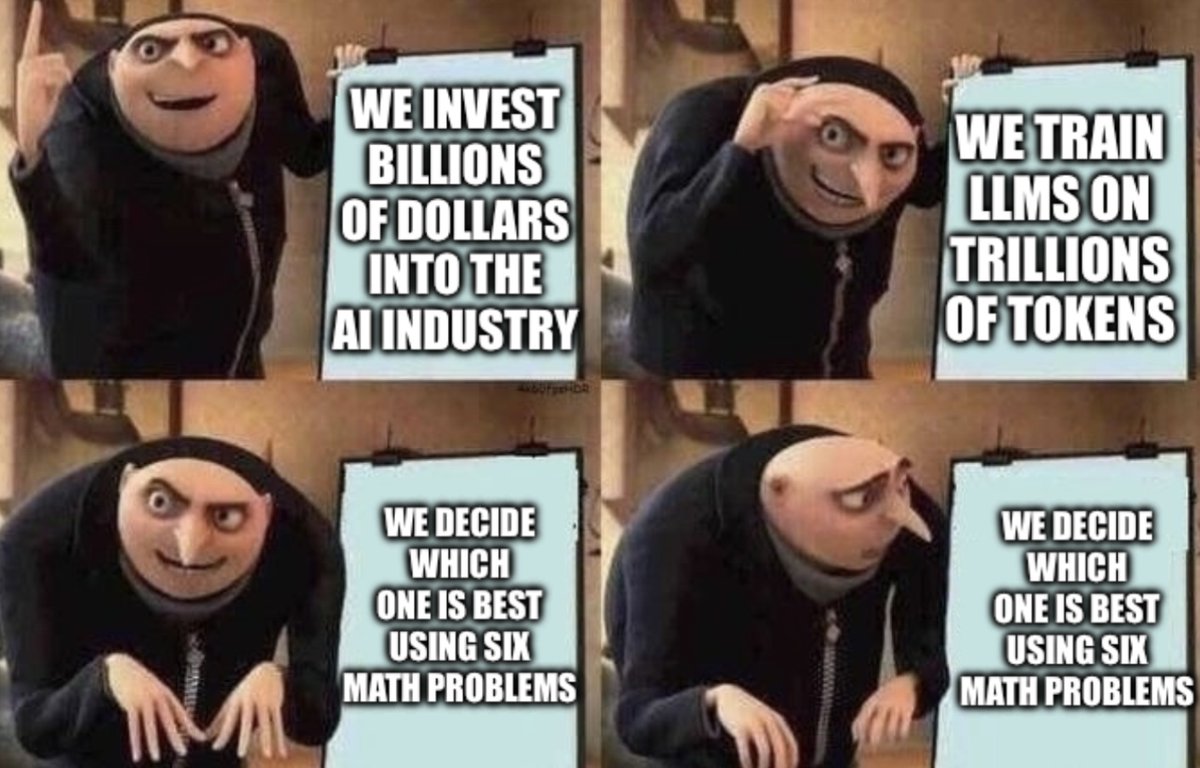
Eddie Vendrow
@edwardvendrow
PhD Student at @MIT_CSAIL making science happen faster. Previously at @StanfordSVL @GoogleAI @nvidia
ID: 1475898217904541697
http://edwardv.com 28-12-2021 18:35:46
122 Tweet
334 Followers
420 Following







Interested in Data-centric AI?? Check out our ICML Conference workshop 🥳🥳 #icml25

david rein See work from Alex Madry's lab led by Eddie Vendrow x.com/aleks_madry/st… Aleksander Madry









